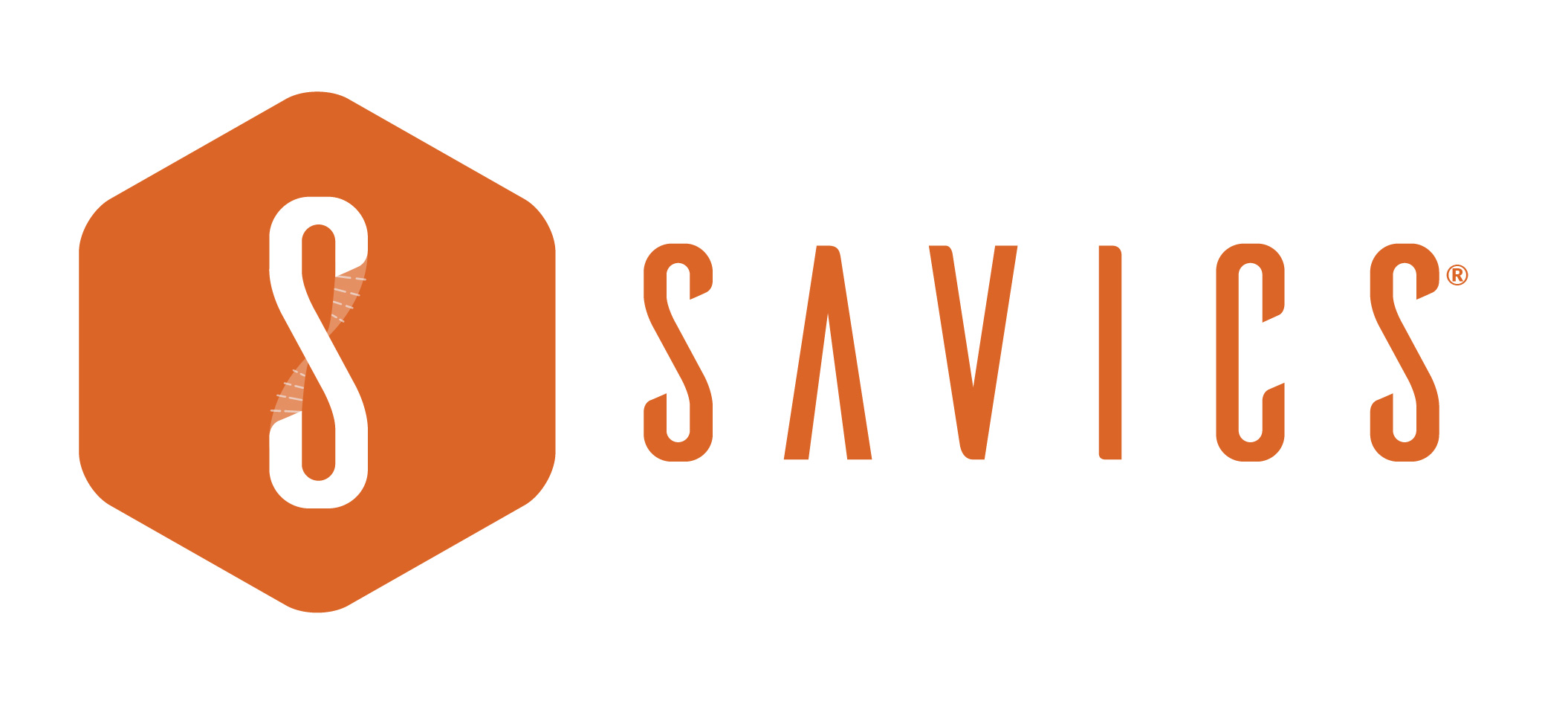Digital health transformation
What we do
We work with Ministries of Health and funding partners to support the shift from paper to digital by implementing and customizing open-source platforms such as OpenMRS and DHIS2. We embed our developments in existing health information systems and mentor in-country teams until technology transfer is fully achieved.
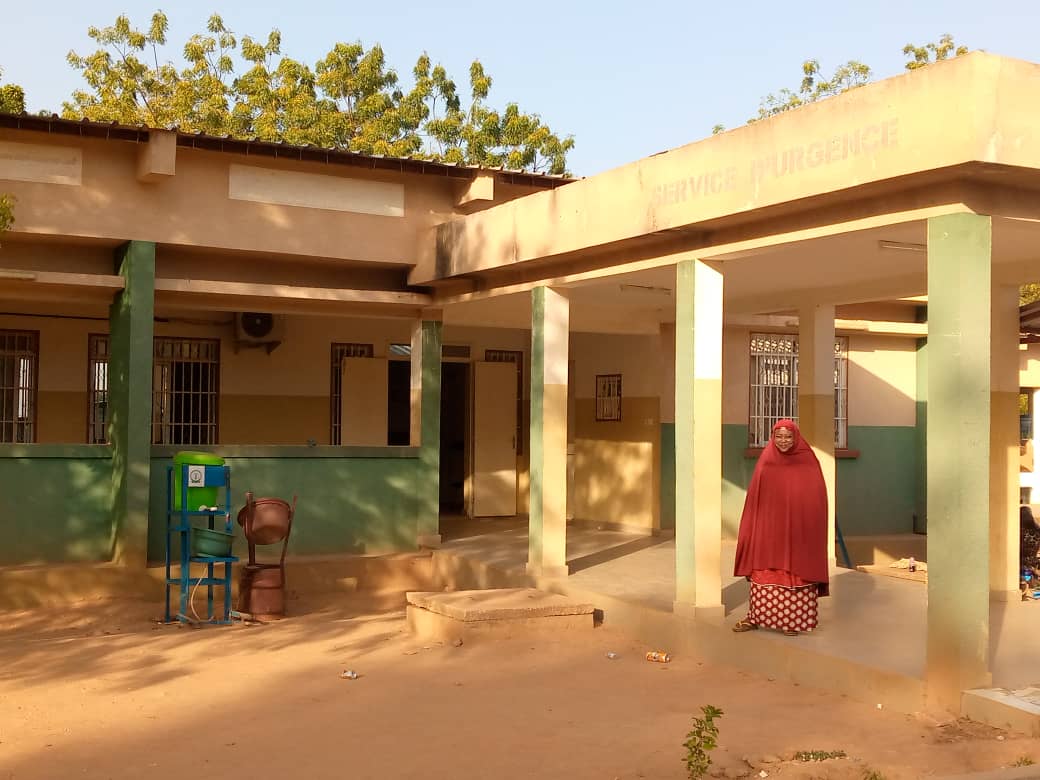
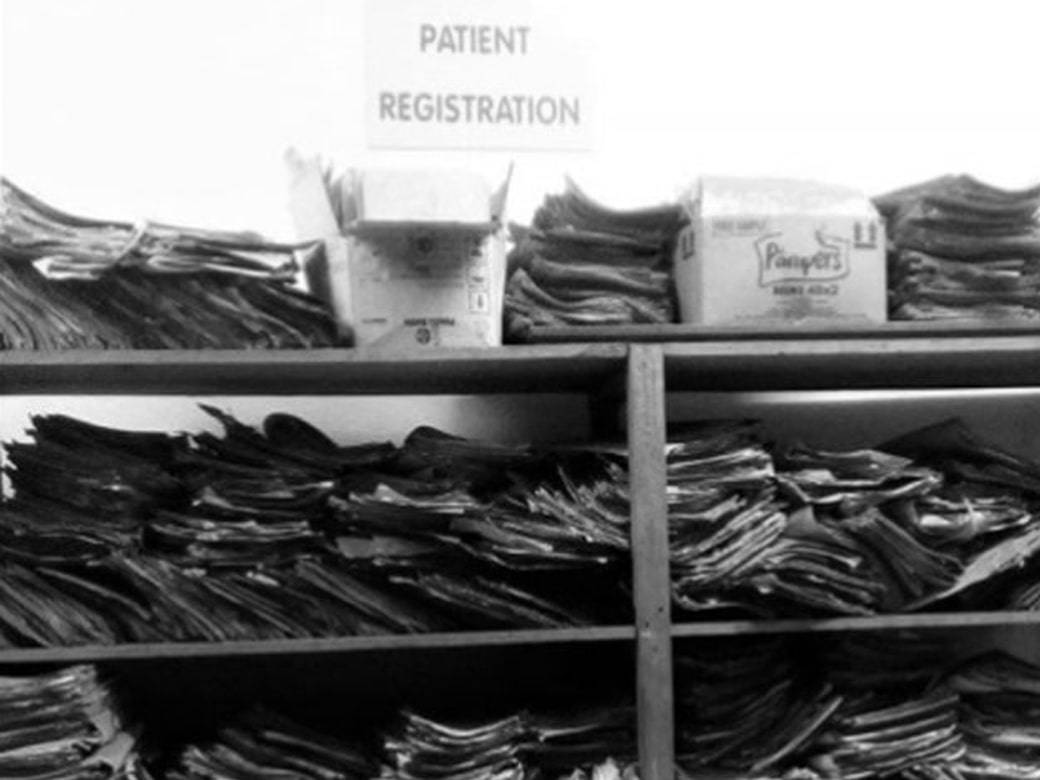
The challenge
The use and scale-up of digital health solutions can revolutionize how people worldwide achieve higher standards of health, and access services to promote and protect their health and well-being.
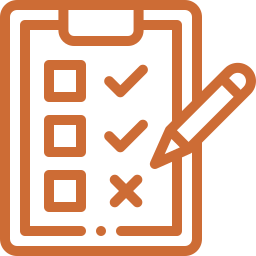
NEED ASSESSMENT
We dedicate time to assess information gaps and to understand existing data workflows to customise digital reporting templates to suit end-users’ needs.
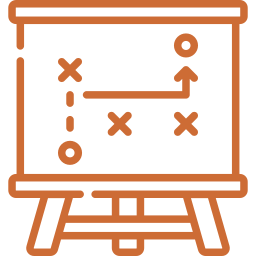
SOLUTION DEVELOPMENT
We leverage existing solutions, working with open-source platforms when possible, to avoid unnecessary effort duplication and ensure efficient use of resources.
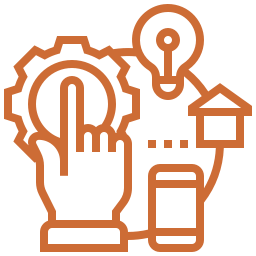
SYSTEM INTEGRATION
We embed our developments in the existing health information system and design them for scale and sustainability.
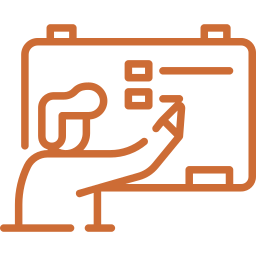
MENTORING FOR AUTONOMY
We deliver tailored training and mentor in-country data management teams to maintain national servers, softwares and databases.
your BENEFITS
Data quality
Standardized, integrated, complete and easy to find information significantly improves health data quality

Better communication
Facilitated collaboration between health programs at the point of care and the central level as well as between patient and provider.
Quality of care
Access to accurate and up-to-date patient medical record at the point of care leads to informed and faster decision making regarding health actions to perform

Cost savings
Lower costs thanks to decreased paperwork, improved safety, reduced duplication of testing and improved health.
Health efficiency
Digital health enables providers to be more efficient when delivering care and allows for a faster diagnosis and treatment start for patients.
Better management
A digitized supply-chain facilitates inventory management and equipment maintenance, improving healthcare delivery.
Case studies
DHIS2 configuration for Guinea – mapping
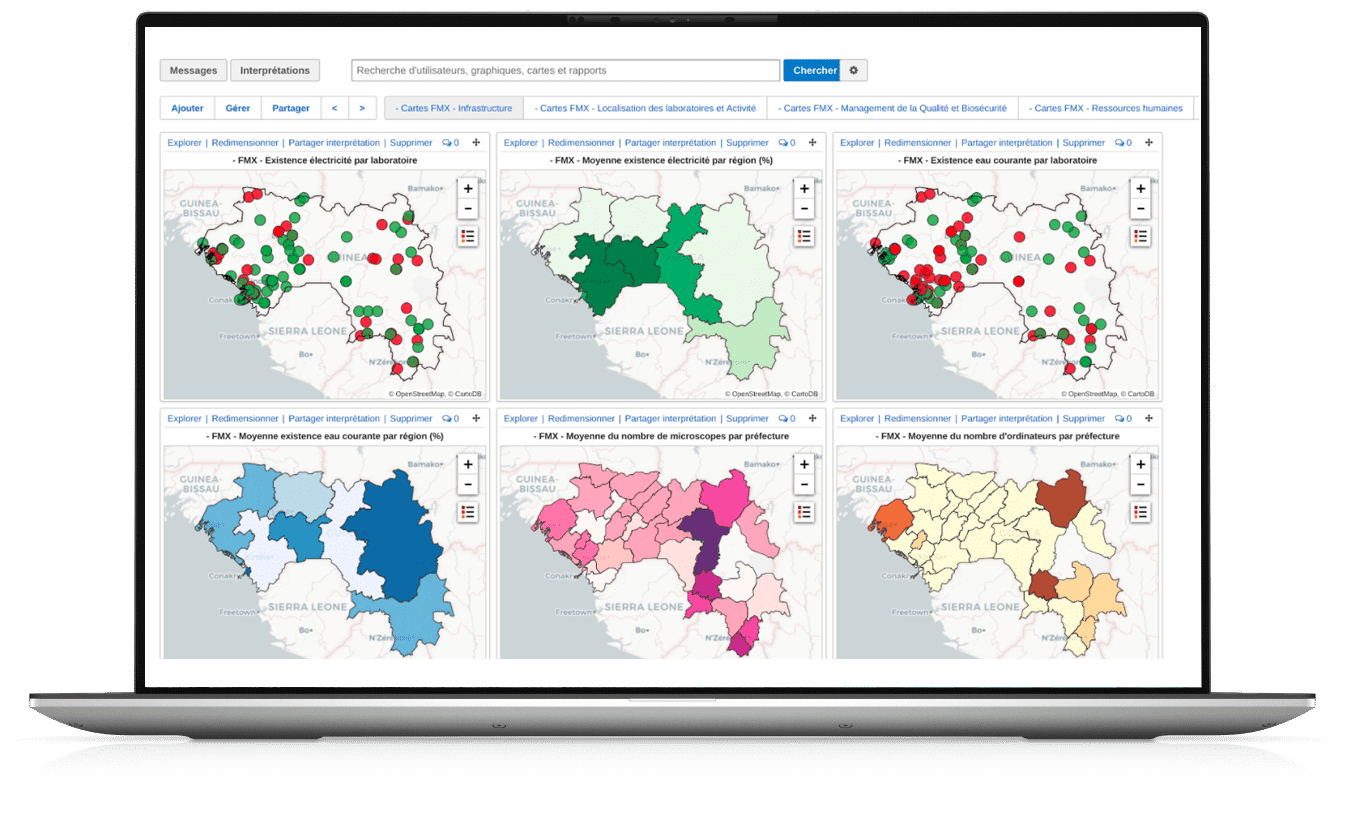
Read more
In partnership with the Ministry of Health of Guinea and The Mérieux Foundation, Savics configured DHIS2 in Guinea, the world’s largest web-based health management information system platform.
We worked more specifically on four main workstreams:
- Analyse data consistency of existing field data prior to importing
- Conciliate and import data by creating DHIS2 Data elements, Validation Rules and a global Data Set form, including conciliation of Organization Units GIS coordinates
- Create customized visualization tools such as dashboards, charts, maps and tables that are adapted to the final users’ needs
ELECTRONIC MEDICAL RECORD (OpenMRS) implementation in Niger
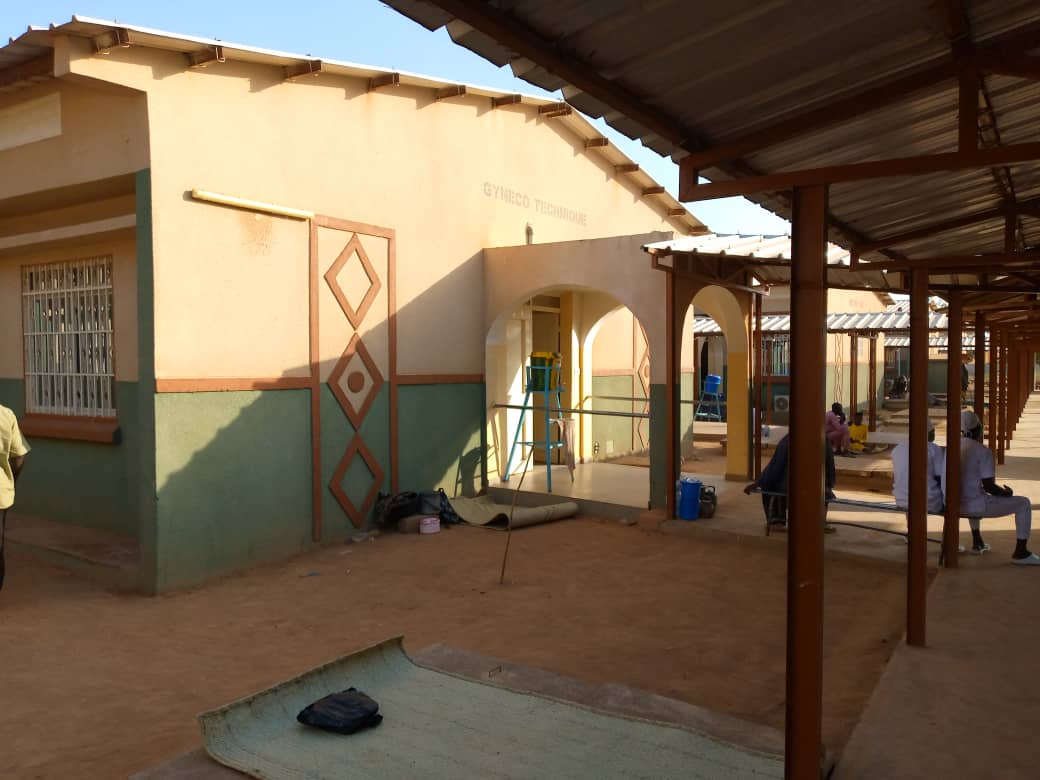
Read more
Together with the Ministry of Health of the Republic of Niger, we worked at replacing paper-based patient registers and inventory management by electronic registers in two district hospitals.
The approach implements OpenMRS, the world’s leading open source enterprise electronic medical record system platform, and adapts it to the needs of the healthcare provider and the country’s digital strategy.
This project switches the following activities from paper reporting to digital and automatic reporting:
- Patient medical record
- Invoicing management
- Medication Management in Pharmacy
- Asset management and maintenance (CMMS)
- Production of reports and indicators
- Connectivity with the DHIS2 platform
The following results were achieved thanks to the digitalization of the above activities:
- Reduced time from capturing patient data to recording consultations
- Reduced duplicate patient records
- Faster reaction on the inventory and pharmacy events (restocking)
- Increased number of input data taken into account in the reports
- Faster and improved quality reporting process from hospital to central level
- Faster transfer and receipt of reports at the national level
- Reduced inventory wastage
- Facilitated decision-making based on the provision of quality information on internal activity in two district hospitals
